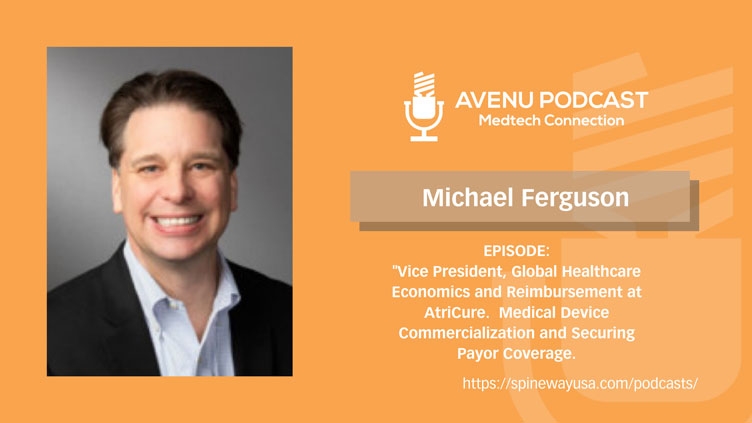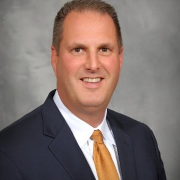“what I would recommend to folks is really to understand the payer landscape … you need to do your due diligence on the front end and understand the landscape before bringing the product in. And where I’ve seen too many companies make mistakes is they focus on the FDA first. And then they wait until they get the FDA, and then they start on the payer. In my opinion, they should need to do those in tandem, in parallel. They need to think about it on the front end in what’s it going to be required.”- Michael Ferguson, Ph.D., Vice President, Global Healthcare Economics and Reimbursement, AtriCure
Michael advises early startup Med Tech companies on how to secure payor coverage or clinical adoption. We discuss that the medical device commercialization in the US has two significant challenges, FDA approval and a successful reimbursement strategy. He suggests that you need to start working on a reimbursement strategy immediately and not wait until you already have FDA approval. Reimbursement also is driven by the level of competition and that influences how payor coverage is achieved. Michael provides insight on if it is clinical or cost-effectiveness that is more important when introducing a new product. He shares that with pressure to decrease spending there’s an effort to focus on quality over volume to lower costs while not giving up access to the newest, most innovative type of therapy. Michael reflects on the impact that removing the Med Device Tax has had on his company and gives his perspective of the future of global healthcare.
“In my mind, any good health economics is driven by good clinical. So really what a good health economics study does, or cost-effectiveness study would do, is they demonetize the clinical work. That’s what you’re really attempting to do and so when I do an economic study, or cost-effectiveness study, I’m attempting to showcase clinical value but in a monetary term … so I think it’s clinical-effectiveness first, and then if you’ve got good clinical-effectiveness you put monetary value to it.”
Listen using the embedded player on this page or click to listen on your favorite podcast app icons.
![]()
![]()
![]()
Today’s Podcast Topics:
- Michael offers his advice on developing a successful Med Device reimbursement strategy.
- With intensifying public pressure to reduce spending, payers are increasingly using formulary tiering to help control and manage market access, Michael provides his perspective if this trend will likely continue?
- Is the main objective of health economics – clinical or cost-effectiveness?
- What is the Future of Global Healthcare?
- Finally, what if any impact will the removal of the medical device tax have on the Med Tech Industry?
Links and Resources Mentioned in this Podcast:
- Michael Ferguson, Ph.D. on LinkedIn
- Website: www.atricure.com
Did you enjoy this episode? Click here to Leave a Review. Each review helps us grow the Avenu Community and bring more guests to you! Thank you.
About the Host:
Connect with me directly on LinkedIn or subscribe to “Avenu Podcast” via our Website News Letter.




